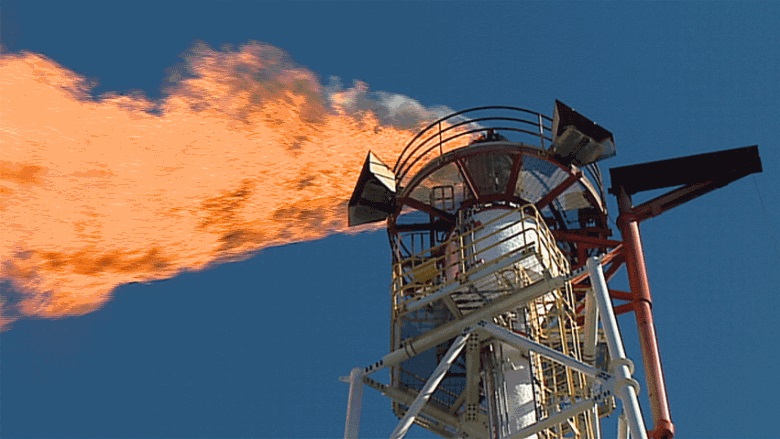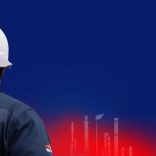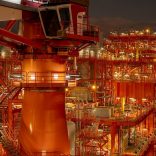Mozambique Electricity Law review: Cooperation partners suggest sharing technical studies in the ...
ENH sets up subsidiaries to hold and manage its participation in Rovuma Basin gas projects

File photo / ENH chairman Omar Mitha
Mozambique’s National Hydrocarbon Company (ENH) has set up two subsidiaries to represent ENH in the natural gas projects in the Rovuma Basin, off the coast of the northern province of Cabo Delgado.
The first of these subsidiaries, ENH Rovuma Area Um, will hold and manage the ENH participation in Rovuma Basin Area One, where the operator is the American company Anadarko. ENH has a 15 per cent holding in Area One. The other shareholders are Anadarko itself with 26.5 per cent, the Japanese company Mitsui (20 per cent), PTTEP of Thailand (8.5 per cent), and the Indian companies ONGC (16 per cent), Bharat (10 per cent) and OIL (four per cent).
To date, 4.7 billion US dollars have been invested in Area One. Anadarko’s project envisages setting up two factories (known as “trains”) in the Afungi Peninsula, in Palma district, that will each produce six million tonnes of liquefied natural gas (LNG) a year.
The second subsidiary is ENH FLNG Um, which will represent ENH in the projects in the Coral Sul gas field in Rovuma Basin Area Four. Here the operator is the Italian energy company ENI, through its subsidiary ENI East Africa, which has a participation of 70 per cent. 10 per cent of the remainder is held by ENH, and ten per cent each by the Portuguese company Galp, and Kogas of Korea.
The ENI East Africa stake is divided into 20 per cent for the Chinese company CNPC, and 50 per cent for ENI, which has signed an agreement to sell half of this to the US company ExxonMobil for 2.8 billion dollars – which is almost exactly what has already been invested in Area Four.
ENI plans to set up a floating LNG plant above the Coral Sul field to produce about 3.3 million tonnes of LNG a year. A deal has already been signed with the company BP to buy all the LNG produced at this floating facility.
An ENH Tuesday press release says that the constitution of these two subsidiaries “complies with the international standards of the petroleum industry which demand the creation of specific vehicles to make operational each project finance, so as to isolate the financial risk of the project. Only the revenues generated by the undertaking should be called upon to service the debt”.












Leave a Reply
Be the First to Comment!
You must be logged in to post a comment.
You must be logged in to post a comment.